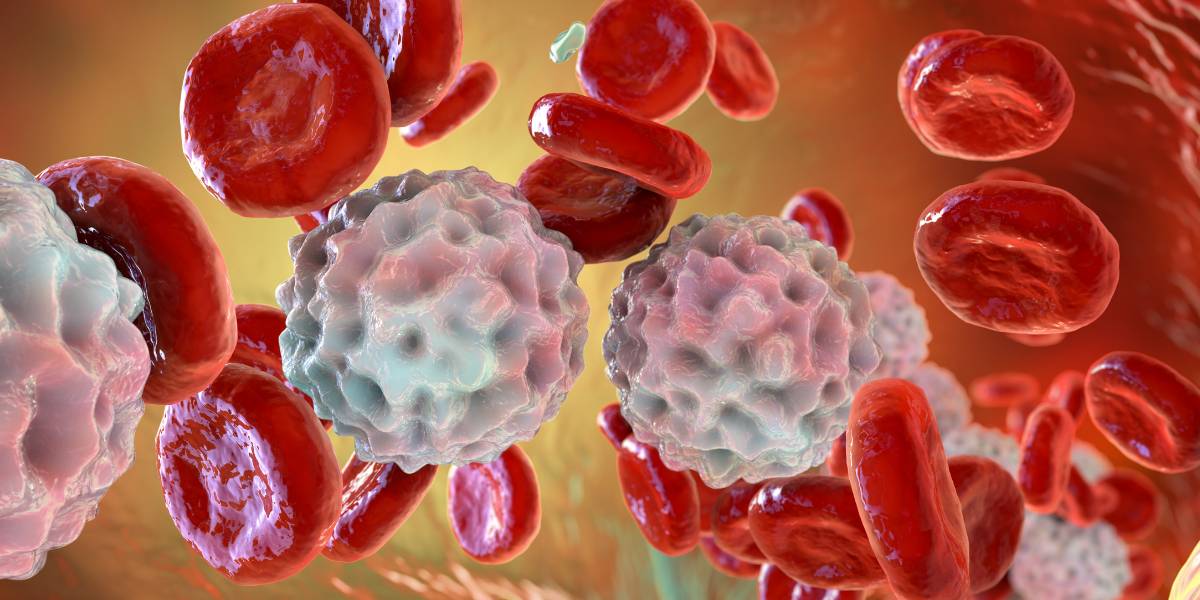A newly developed sensor will help form a breathalyser that will be able to detect early warning signs of chronic diseases like diabetes and cancer.
The highly-sensitive sensor has been created from a material called a ‘nanoparticle scaffold’ which is thousands of times smaller than a human hair.
A prototype of the device, which will look similar to the technology police use to detect drunk drivers, is being created.
- Can eating bacon increase the risk of bowel cancer?
- One-minute procedure could help save thousands from oesophageal cancer
At the moment, blood tests are used to determine whether there are any signs of disease. But these biomarkers can also be found in a person’s breath, but at a much lower concentration.
Current lab analysis is expensive involves using equipment, which is why Nottingham Trent University and the Australian National University wanted to find a way to speed up the procedures and make them cheaper.
Dr Mohsen Rahmani, a Royal Society Wolfson Fellow at Nottingham Trent, said: “The good thing about breath is it’s full of biomarkers that could help us to detect chronic illnesses, but their concentration is so little in gaseous environments.
“The problem up to now has been the lack of a reliable detector. Our new material, however, would be able to detect a low concentration of biomarkers freely moving within these environments. Our sensing material will not need batteries, wires or large and expensive lab equipment.
- Smart contact lenses successfully detect glucose levels
- Detecting type 2 diabetes in the dentist’s chair
“This paves the road for the next generation of pocket-size sensors that could quickly and reliably diagnose disease at very early stages, simply by blowing on them.”
It is hoped that once this device has been developed and has been tested to ensure it works effectively, it could help detect signs of disease so early interventions could be introduced.







